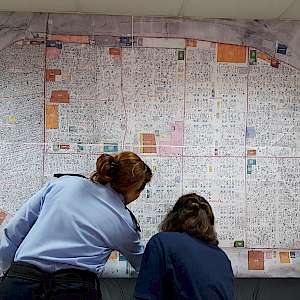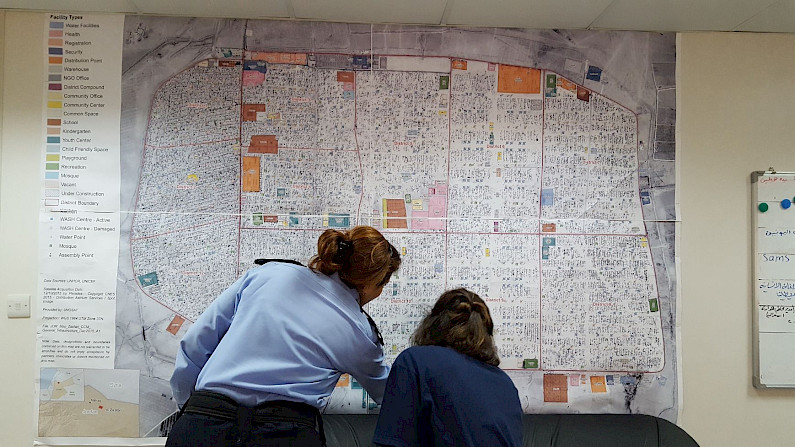
Marwa
Marwa describes her final moments immediately before departure from her home in Syria, and the pressures of living in a crowded refugee camp in Jordan:
"(I left Syria because of) the war… my neighborhood was becoming empty around me. It was empty from like here, to the mall (pointing to the distant building). I had no family left. My neighbors came, and the brother, who saw me all alone, asked me, what are you still doing here? I answered, I am watching the planes. Honestly, the building next to me was bombed. He said, gather your things and so I did. And I came here to a big tent that (they) had put up to receive us. And I stayed there but I could not handle it, I like to be by myself at times or else I suffocate. Honestly, I can’t handle it. I feel I will suffocate."
Although this article from the Guardian - written by a refugee father in Za'atari camp - is now four years old, testimony such as Marwa's shows that the pressures of camp life, and the impossibility of finding a space to call one's own, remains an issue now more than ever. Since Za'atari refugee camp was set up in 2011, it has now taken on the kind of permanence that few of its inhabitants could have envisaged upon arrival, albeit with little improvement in either their accommodation, or their prospects for the future.

